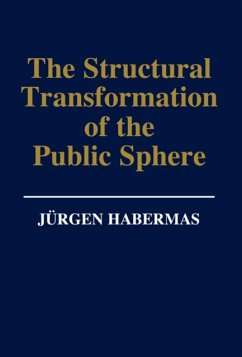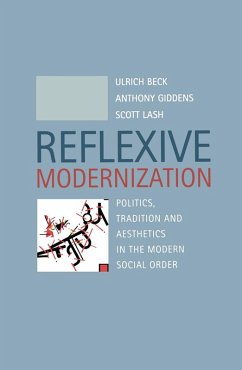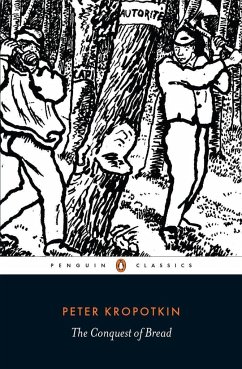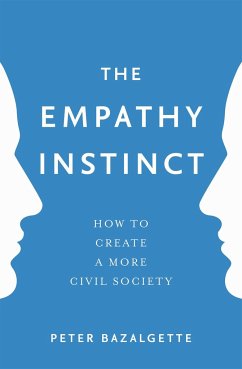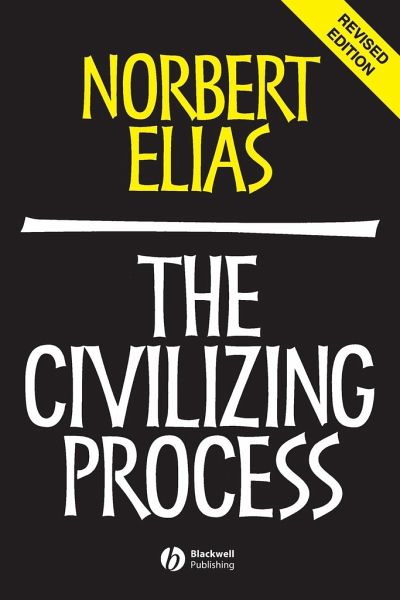
Norbert Elias (Late of Universities of Leicester, Ghana, Frankfurt
Broschiertes Buch
The Civilizing Process
Sociogenetic and Psychogenetic Investigations
Versandkostenfrei!
Versandfertig in 2-4 Wochen

PAYBACK Punkte
24 °P sammeln!





Completely overhauled version of the combined classic texts The History of Manners and State Formation and Civilization. Revised throughout, updated postscript and bibliography, and line corrections made from the original version. Contents lists combined and restructured. .
Norbert Elias (1897-1990) taught at the University of Frankfurt until his exile from Hitler's Germany. In Britain, he worked at the Universities of London and Leicester, and in retirement was visiting professor in Ghana, Amsterdam, Munster, Bielefeld and many other universities. By the time of his death he was recognized as one of the outstanding social scientists of the twentieth century. His previous Blackwell books include: The Norbert Elias Reader, The Court Society, The Loneliness of the Dying, Involvement and Detachment, Time: An Essay, The Society of Individuals and, with Eric Dunning, Quest for Excitement.
Produktdetails
- Verlag: Blackwell Publishers
- 2nd Edition
- Seitenzahl: 592
- Erscheinungstermin: 14. Mai 2000
- Englisch
- Abmessung: 229mm x 152mm x 31mm
- Gewicht: 850g
- ISBN-13: 9780631221616
- ISBN-10: 0631221611
- Artikelnr.: 14843313
Herstellerkennzeichnung
Libri GmbH
Europaallee 1
36244 Bad Hersfeld
gpsr@libri.de
"Without doubt the most important piece of historical sociology since Max Weber." Richard Sennett, London School of Economics .
"A modern classic of the first order." Lewis Coser .
"Elias has all the boldness and sureness of touch of the old masters, of whom he is perhaps the last. Reading his pages one again and again makes the mental note that this or that point is worthy of a Max Weber ... One realises from a book like this that serious sociology must remain dependent on the insightful interpretation of history of just the kind that Elias provides." Bryan Wilson .
"The most remarkable recent attempt to contain the social and the individual within a unified scheme of sociological analysis." Philip Abrams
"The Civilizing Process is remarkable: eclectic, insightful and constantly surprising." Times Higher Education Supplement
"A modern classic of the first order." Lewis Coser .
"Elias has all the boldness and sureness of touch of the old masters, of whom he is perhaps the last. Reading his pages one again and again makes the mental note that this or that point is worthy of a Max Weber ... One realises from a book like this that serious sociology must remain dependent on the insightful interpretation of history of just the kind that Elias provides." Bryan Wilson .
"The most remarkable recent attempt to contain the social and the individual within a unified scheme of sociological analysis." Philip Abrams
"The Civilizing Process is remarkable: eclectic, insightful and constantly surprising." Times Higher Education Supplement
Für dieses Produkt wurde noch keine Bewertung abgegeben. Wir würden uns sehr freuen, wenn du die erste Bewertung schreibst!
Eine Bewertung schreiben
Eine Bewertung schreiben
Andere Kunden interessierten sich für


